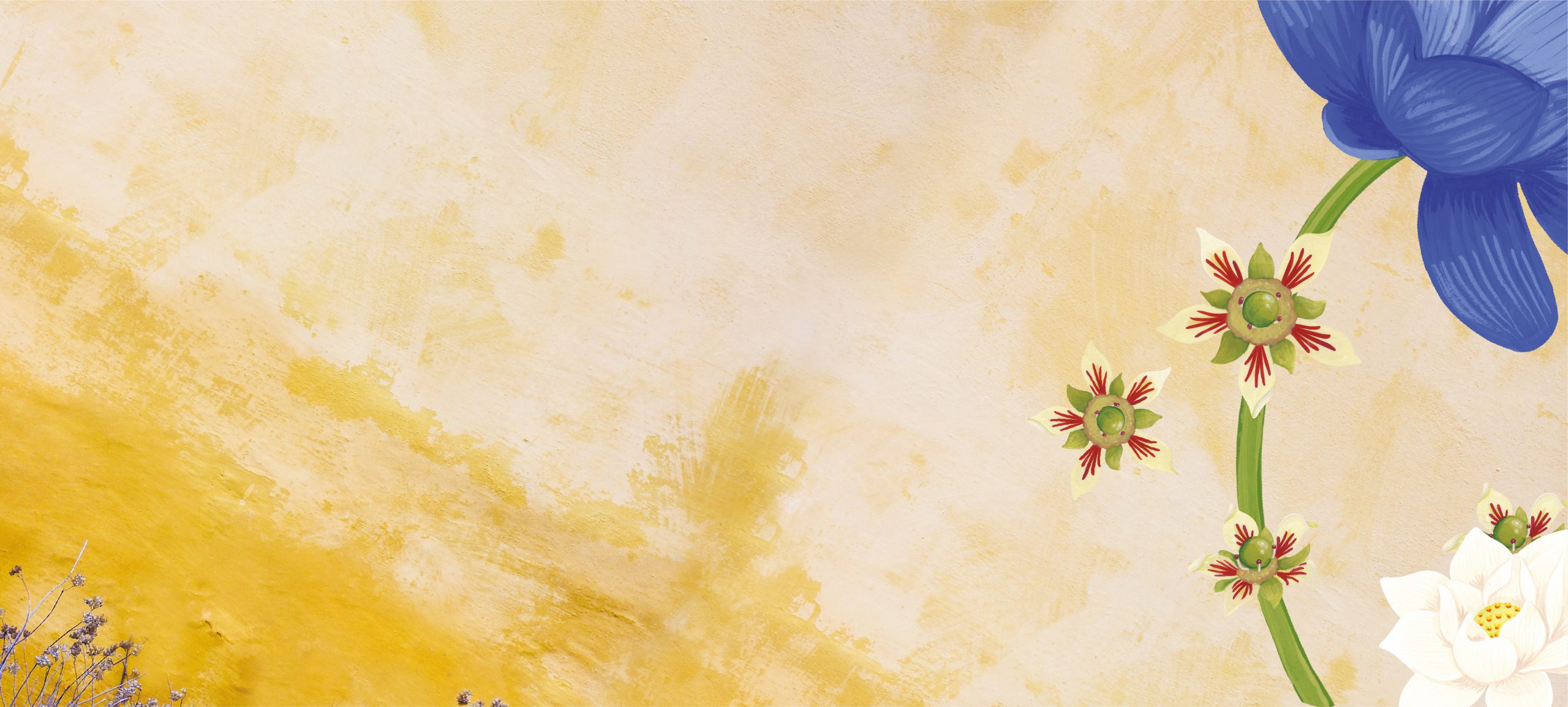
Kama: The Riddle of Desire by Gurcharan Das is a fascinating account of love and desire that sheds new light on love, marriage, family, adultery and jealousy. The book weaves a compelling narrative soaked in philosophical, historical and literary ideas while talking about Kama optimists, pessimists and realists.
But how are these characterised? Let’s find out in these extracts from the book!
Kama Optimists
“Kama is a masculine noun, and in this speculative hymn is the first allusion to the cosmogonist function of desire. Although it does not explain which causes what, it does suggest that desire was the first act of consciousness, and links cosmic desire to the great heat of tapas, the generative heat of sexuality and consciousness.”

“It recognizes as well that desire leads to intention and intention leads to action. So before one can act, one must have the desire and the intention to act.”
Kama Pessimists

“This powerful, instinctual force easily gets out of hand. The renouncers cautioned the people about its link to our negative moral emotions – to greed, anger, attachment and other frailties of the human ego.”
Kama Realists
“Since kama is needed for perpetuating the human race, the establishment struck a compromise between the kama optimists and pessimists.”

“The Dharmashastras affirmed that kama is legitimate as long as it is for procreation in the second ashrama of life. Unlike animals, people are also motivated by fancy. Desire travels from our senses to our imagination, whence it creates an illusion around a particular person. Society ensures that this human ability is employed for marriage and the stability of society and survival of the species. Marriage has made kama acceptable by converting it into ‘conjugal sexuality’.”
In his magnificent prose, Gurcharan Das examines how to cherish desire in order to live a rich, flourishing life, arguing that if dharma is a duty to another, kama is a duty to oneself. Available Now!









